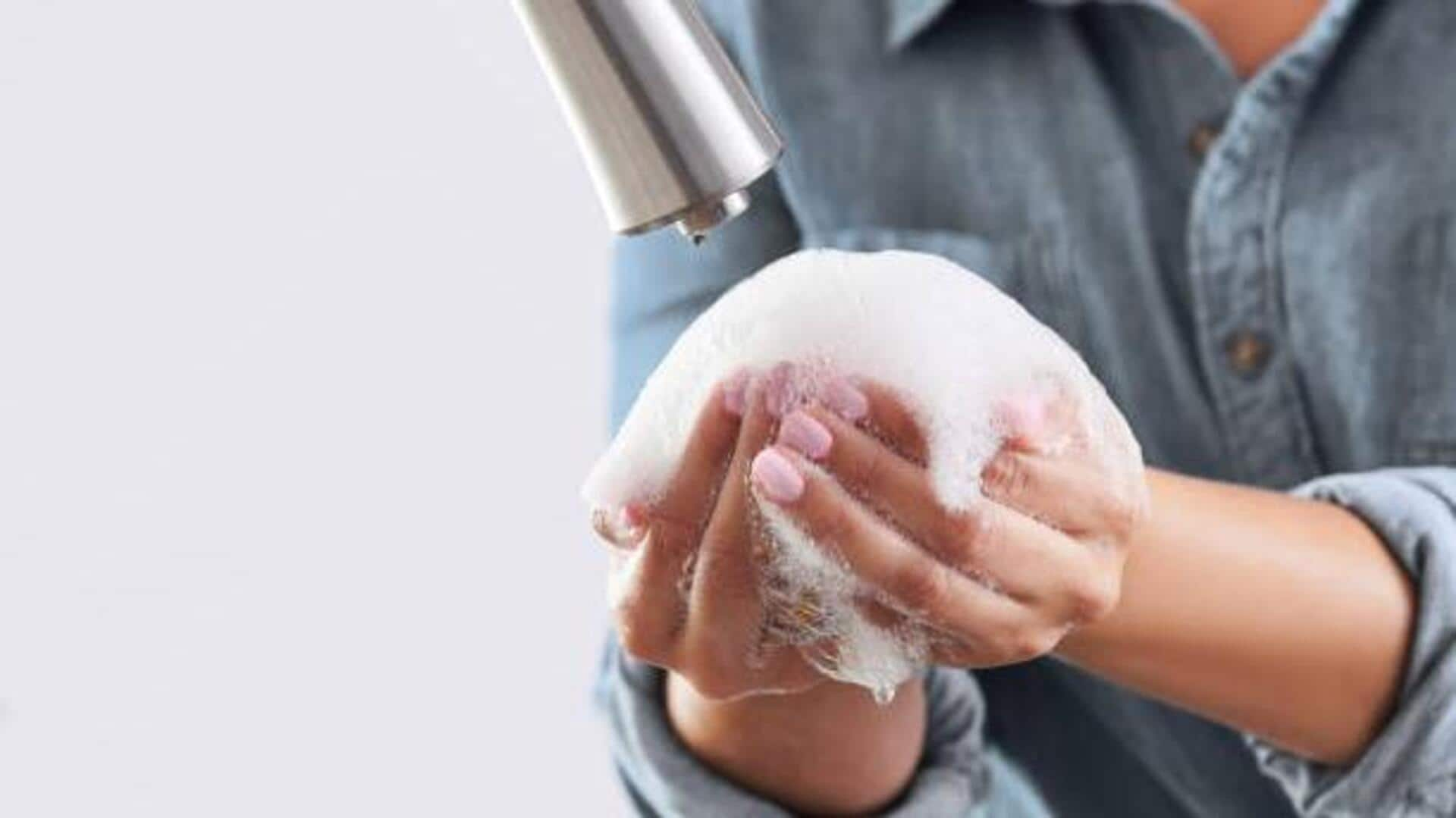
Truth about natural hygiene: Myth v/s facts
What's the story
Natural hygiene practices are shrouded in myths. Most people assume these practices are safer or better than their conventional counterparts, but that's not true all the time. Understanding the truth behind these misconceptions can help you make informed choices about your personal care routine. Here are five common misconceptions about natural hygiene practices, and what is fact and what is fiction.
Safety myth
Natural products are always safer
We all believe natural products are safer than synthetic ones. But that's not always true. Some natural ingredients can also cause allergic reactions or skin irritations in certain individuals. For example, essential oils, though popular for their aromatic properties, can be strong allergens for some people. So, always test any new product on a small patch of skin before full application to ensure it doesn't cause adverse reactions.
Effectiveness myth
All natural ingredients are effective
Another misconception: All-natural ingredients are just as effective as synthetic ones in personal care products. While some natural ingredients do come with benefits, they may not always be as effective as scientifically formulated alternatives. For instance, baking soda is often touted as a natural deodorant but may not offer the same level of odor protection as commercial antiperspirants for everyone.
Quality myth
Chemical-free means better quality
The word "chemical-free" is synonymous with better quality, especially in hygiene products. However, this ignores the fact that everything is made of chemicals, natural and synthetic. The key is knowing which ones are safe and which are harmful. Not all chemicals in conventional products are harmful; many are rigorously tested for safety and effectiveness.
Toxicity myth
Organic equals non-toxic
There's a common belief that organic products can't be toxic because they're from nature. But that's not true. Organic certification mostly focuses on how an ingredient was grown or produced, and not its safety profile when used on the skin or ingested by humans. Some organics may still be risky if misused or overused without proper guidance from healthcare professionals.
DIY myth
DIY remedies are always safe and effective
Many people choose DIY remedies, thinking they are safer and cheaper than store-bought options. However, that's not always the case. Incorrect formulations in personal care routines can yield harmful results. These assumptions have no scientific backing, which is why it's important to approach DIY remedies with caution and seek validated information for safety and efficacy.